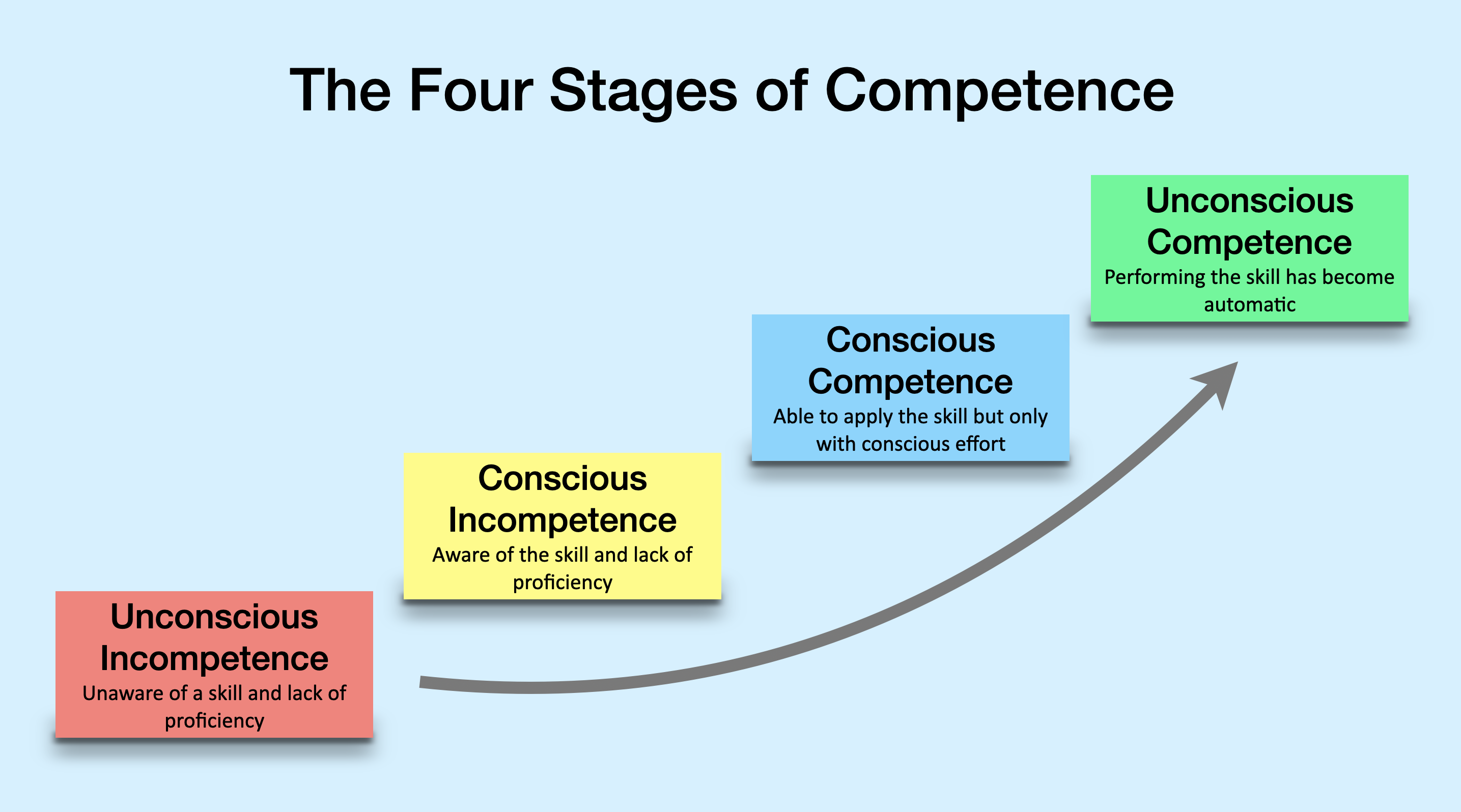This is the last of four posts exploring change management as an unconscious competence. In the first post (What If Change Management Were An Unconscious Competence? ), I presented the four stages of competence model and used it as a lens to consider the state of organizational change management ability. I observed that Stage Four organizations – ones where change management has evolved to the level of an unconscious competence – are rare but do exist.
In the second post (Change Management Evolved), I explored what we would see if we were to encounter a Stage Four organization. In the third post (Change Management as Unconscious Competence: What Does It Take to Get There?), I presented what I believe are the essential elements required to develop Stage Four competence.
In this fourth and last post, I look at what Stage Four change management competence can produce and why this level of change competence should be the aspiration of every organization. Continue reading




